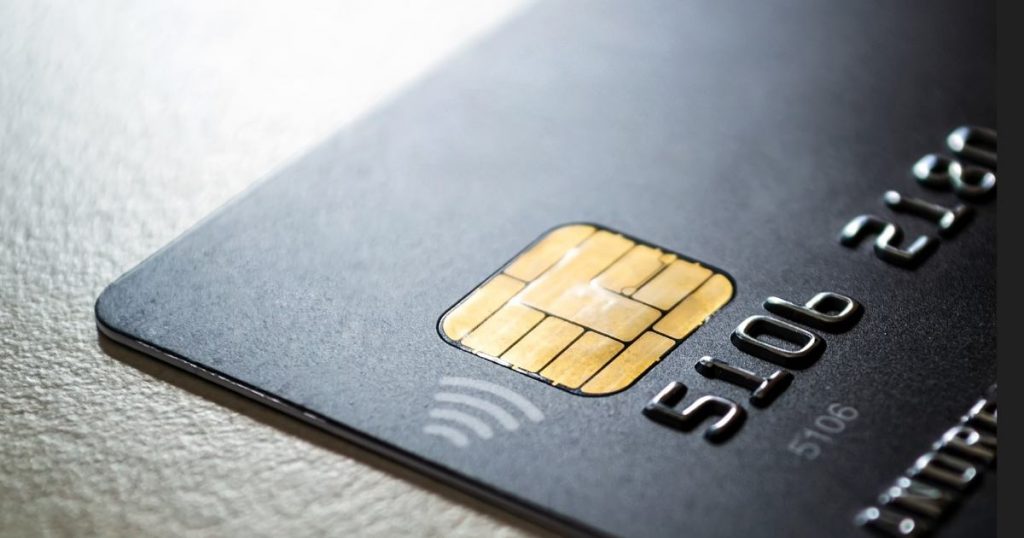Concerns about drastic cost increase debit card payments

KRALENDIJK- There are major concerns about the consequences of the International Mastercard organization moving away from the use of the Maestro system for debit card payments. Mastercard has already indicated some time ago that in the year 2023 it will stop with Maestro.
In concrete terms, this means that the issuers of debit cards, then banks, are forced to make a choice between the two dominant systems for accepting swipe transactions, namely V-pay from Visa or Mastercard Debit. International agreements are made for regions about the maximum costs that a debit card payment may entail. The current debit card, with debit cards with the Maestro logo, costs retailers a maximum of 5 cents for each debit card payment.
The risk mainly lies in the fact that payments with the V-pay and MasterCard Debit cards seem to be regarded locally as credit card payments, on which commissions of up to 5% of the purchase is due in commissions and processing fees.
The lack of clarity for discounter Bondigro, to no longer accept the debit cards from Orco Bank, which has already switched to the new system.
No answers
Most frustrating is the total lack of answers when it comes to the dooming problems. ABC Online Media, has sent questions about the impending cost increase to, among others, the Central Bank of Curaçao and St. Maarten (CBCS), De Nederlandsche Bank (DNB) and the chairman of the bankers’ association on Bonaire.
Although DNB and the Bankers’ Association admit that the problem is real, they also have little to no information. “Recently, various parties (Unkobon, BBE) have drawn our attention to the problems you have identified. DNB has been aware for some time now that Maestro will be replaced by Debit Mastercard; this is an international operation. However, DNB does not deal with tariffs of payment services and has no powers in that area,” the Dutch Central Bank writes on 28 January in response to questions of ABC Online Media
DNB also says it is still investigating what the development means for the BES and whether DNB can do something about it.
CBCS does not respond at all to the questions, although the problem is just as relevant on Curaçao and Sint Maarten as on the BES islands. After all, almost all banks have their headquarters there. The MCB Bank says that so far, they cannot confirm whether the new systems indeed lead to higher costs for retailers. “Agreements on these kinds of rates are made per region and the BES islands -in fact the entire Caribbean Region- carries little weight in that regard, simply because we are too small,” explains the MCB director on Bonaire. The bank also says they are is still studying the problem and possible solutions.
Unkobon
Wietze Koopman of consumer organization Unkobon also confirms, that he is also aware of the problem, but that he nor Unkobon so far, have not received any concrete answers either. “In the Netherlands, the European Interchange Fee Regulation applies, with a so-called Member State option, on the basis of which so-called ‘interchange fees’ for card payments are maximized”, says Koopman. Koopman however doubts that agreements which apply for the Netherlands will also cover debit card transactions on the BES islands.
It is foreseeable that, in the worst case scenario, retailers will simply stop accepting debit card payments. “A 5% cost means about half of my gross margin,” says one retailer. “In this case, I either have to refuse debit card payments in their entirety, or I have to pass the costs on to the customer”. The latter, however, is expressly prohibited by suppliers of the POS swipe terminals, that allow debit card payments. Passing on costs to the customer, will immediately lead to termination of the agreement with the bank in question.












